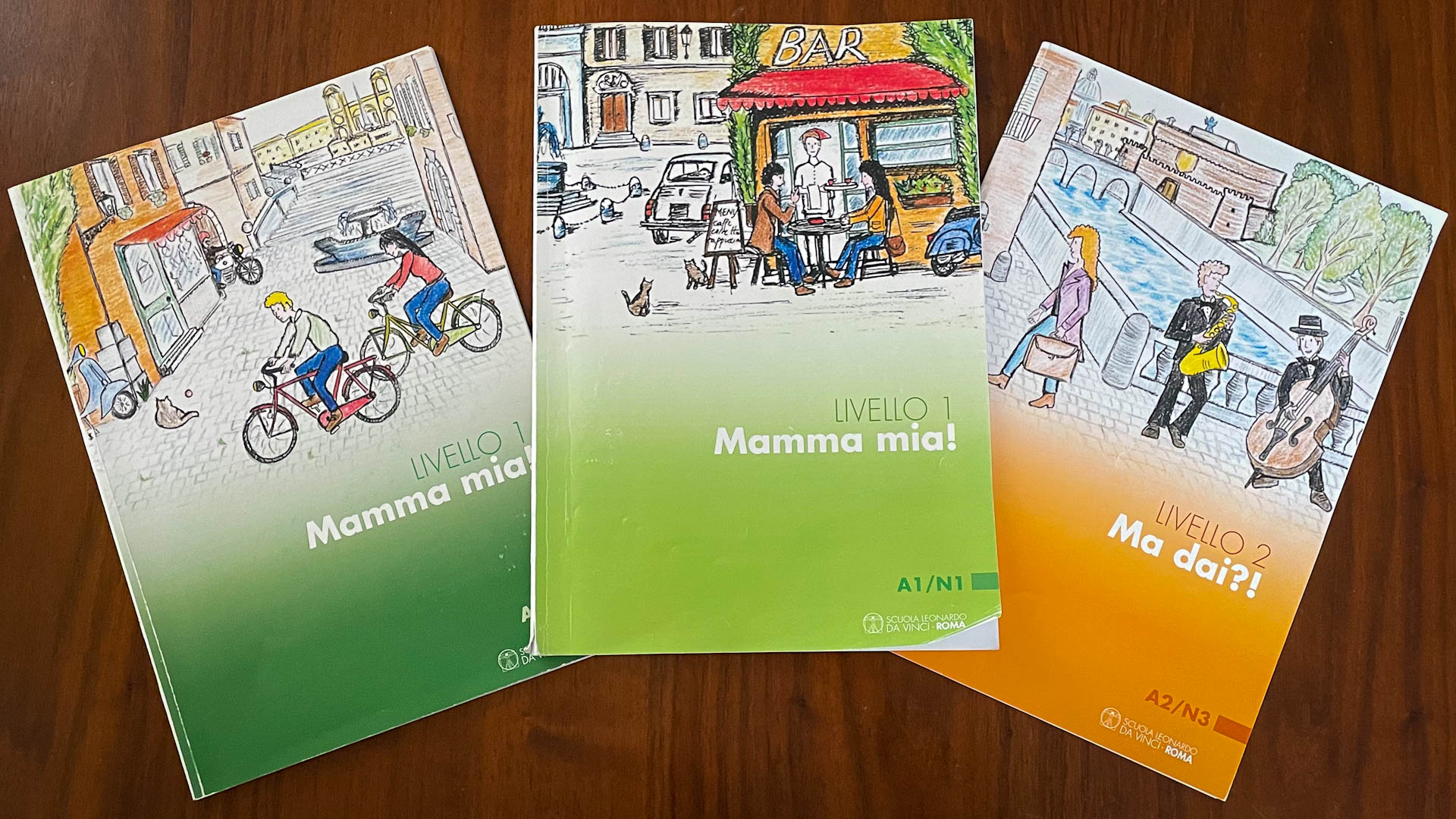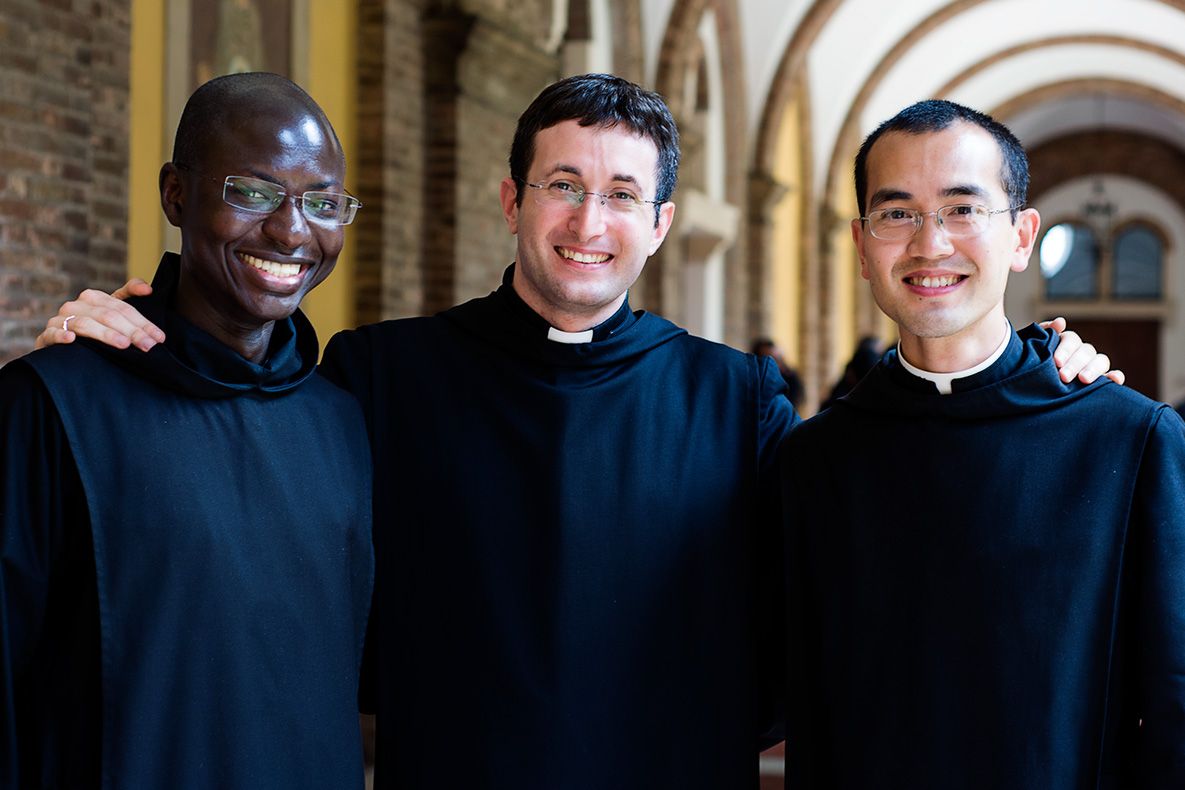Ragazzi, cosa avete detto?
— Jake Kutina and Tyler Johnson
INTRO:
Learning Italian has been a core experience for us both, so we’ve decided to collaborate on this journal entry. This has benefited us in our personal reflections, and we hope that having the ability to read from us both will benefit you also, whether for utility or pleasure. Buona lettura!
JAKE:
One of the challenges of living in a foreign country for a year is learning a new language. How great the challenge depends on what brings you abroad (work, school, vacation, etc.). There are many things you can do on your own time that help with the pursuit of learning a language. You can read a book or an article, listen to a podcast, watch a YouTube video or a cartoon. Basically any way you consume information on your phone or laptop there’s a way to do it in a different language.
Then there’s school. If you’re able to take a class for a couple weeks to get yourself on the right track, even better. A knowledgeable teacher and an organized learning plan are two advantages of taking a class that you are unlikely to get elsewhere. I was fortunate enough to have a month of Italian class when I first arrived, and it helped me immensely.
With that being said, the one thing that helps the most, in my opinion, is talking. Having conversations. Over the last six months, I’ve come to realize that the more I force myself to speak Italian with others, the more I learn. For simple conversations. you are translating the words you know and responding promptly. For all other conversations, aside from the basics, you are hearing new words, responding with words you know, all while simultaneously figuring out if what you are saying makes sense. To me it feels like I am constantly having a conversation slightly (in some instances, very) above my level of fluency. That’s what a challenge is, right?
One thing that helped me reflect on the topic of conversation was listening to kids. Walking down the street, sitting on a bench in a piazza, eating at a restaurant, there are always kids chatting away. The reason I started listening to how kids communicate was because I was amazed at how easily they were able to speak. It’s not something you even acknowledge unless you are in a position where a five-year-old is more advanced in a language than you. It’s quite funny. A feeling of helplessness and astonishment at the same time. Another observation I had was their ability to be present. The things kids say are always completely candid.
I then realized the opportunity to learn from them. Like me, most of the conversation happening around them is above their level of comprehension. They are hearing words and phrases they don’t know and learning from them, even if they don’t realize it. Their ability to respond with what they know and not fear that they may say something wrong is something I constantly keep in mind. It’s easy to not be confident in your abilities in a foreign language. I often am my biggest critic and doubter when I think about speaking Italian. But in the end, I think kids provide a great example of how to be confident and fearless, even if your abilities aren’t up to those around you.

Say, “Giardino delle Cascate”
Tyler and Jake at the Cascade Garden in EUR
TYLER:
Like losing a hard-fought football game or marveling at the extravagance in a work of art, (perhaps the fresco-covered ceiling of the Church of St. Ignatius of Loyola), humility can present itself in strange and unexpected ways, which is certainly the case in my latest and current experience with humility – linguistic struggles in a place where I am an elementary learner of the language.
Every morning, on my walk to language class at Scuola Leonardo da Vinci, I pass by an elementary school where parents and kids are waiting outside for the school to open. I am consistently impressed, delighted, and certainly humbled to see children running around playing with friends and yelling at one another with careless and easy expression. The humility lies in hearing these children speak so freely in the very language that I am diligently working to learn. Now, of course, these children have been around the Italian language their entire lives and I’ve been studying for a mere month; nonetheless, it’s strangely humbling to be less knowledgeable than an eight-year-old about anything apart from Tik-Tok trends or Phineas and Ferb.
Speaking in a broader context, I am thankful to be volunteering in a place where I am challenged to learn another language. I think we would have a more welcoming world if everyone had a perspective to think about experiences as a linguistic (or other) minority. I am very appreciative of the people of Italy, especially here at Sant’Anselmo, who have been patient, kind, and welcoming to me in our conversations.


